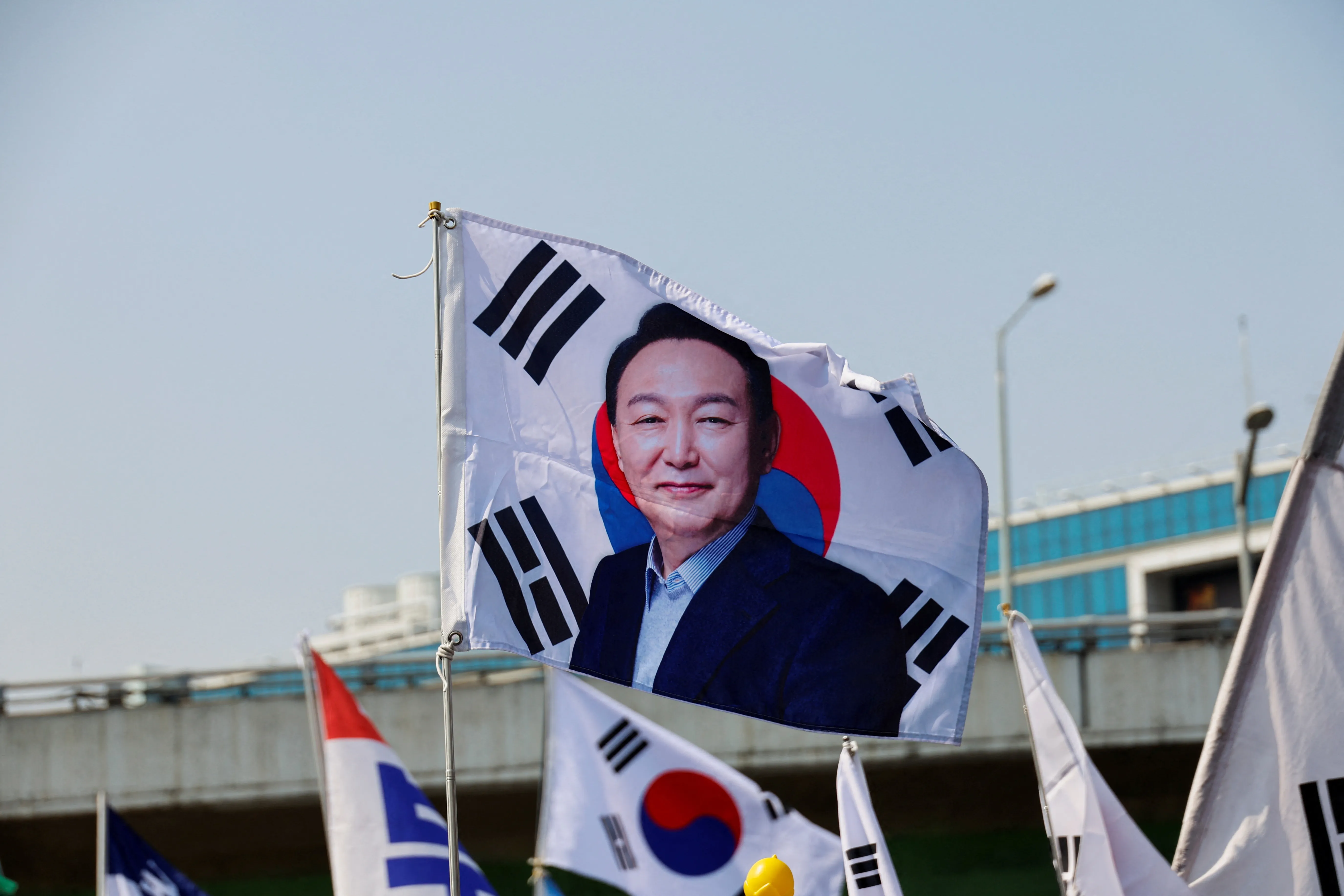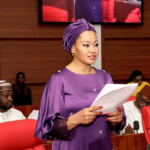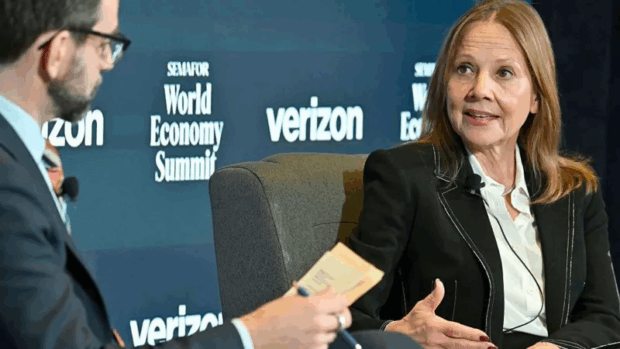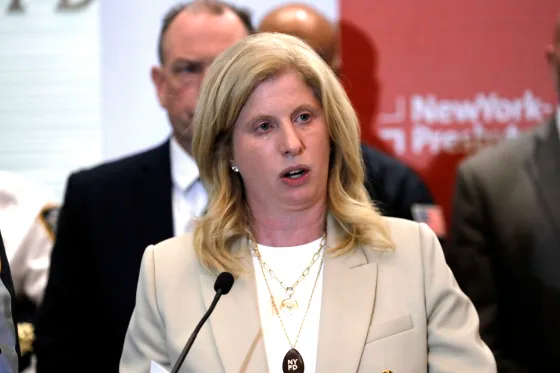
South Korea’s president, Yoon Suk Yeol, has been formally removed from power after the Constitutional Court unanimously upheld his impeachment, concluding a months-long political crisis that began with his brief attempt to impose martial law.
The court’s ruling on Friday triggered emotional responses across Seoul, where both critics and supporters had gathered to witness the verdict live. According to South Korean law, a snap election to select Yoon’s replacement must now be held by June 3.
After months of uncertainty, this verdict provides closure for many South Koreans, allowing the nation to begin healing and moving forward. However, the political aftermath of Yoon’s actions continues to reverberate throughout the country.
The events of December 3, when Yoon ordered troops to storm parliament, struck a deep chord in South Korea’s collective memory. It revived fears from the country’s authoritarian past and demonstrated that martial law remained a possible threat rather than a historical footnote.
For many citizens who celebrated in Seoul’s streets following the announcement, the ruling represents a triumph for South Korean democracy that had appeared vulnerable. The Constitutional Court delivered a scathing assessment of Yoon’s actions, with all eight judges voting for his removal.
Moon Hyung-bae, acting president of the bench, stated that Yoon’s military intervention lacked justification and that he had “gone against the people he was supposed to protect.” The court concluded that implementing martial law “damaged people’s basic political rights” and “violated the principles of the rule of law and democracy.”
There are now growing calls to amend South Korea’s constitution to strengthen institutional safeguards and restrict presidential powers, though such reforms would require approval from future presidents willing to limit their authority.
As Yoon departs, he leaves behind not only a shaken nation but a divided one. While initial public reaction to the December events showed widespread condemnation, Yoon’s subsequent actions have polarized the population.
Rather than expressing remorse, Yoon contested the proceedings and continued promoting unsubstantiated theories about North Korean and Chinese infiltration of opposition parties and election rigging. These claims have gained traction among some citizens who now view Yoon as a political martyr opposing “communist” influences.
Far-right extremism has found fertile ground, with thousands protesting weekly in Seoul. These demonstrations continued Friday and will likely persist through the weekend, with participants claiming corruption throughout the political and judicial system.
These views have spread beyond fringe groups. Over one-third of South Koreans now express distrust in the Constitutional Court, while more than a quarter question the integrity of the voting system.
Within this atmosphere of suspicion, South Korea must organize elections within 60 days. This period promises to be contentious and divisive, with potential challenges to the results.
Meanwhile, South Korea urgently needs leadership to address pressing international challenges, including navigating relations with President Trump’s administration. Trump’s 25% tariffs on cars and steel have already impacted South Korea’s struggling economy, with concerns that future negotiations may involve demands for increased defense spending and potential agreements with North Korea.
Yoon’s legal team has criticized the court’s decision as politically motivated. “The whole process of this trial itself was not lawful and unfair,” said lawyer Yoon Gap-geun, calling it “a political decision.”
Political leaders have appealed for national unity and acceptance of the verdict. While Yoon’s People Power Party has acknowledged the ruling, Yoon himself issued a statement apologizing to supporters for his “shortcomings” without explicitly mentioning the court’s decision.
“I am truly sorry and regretful that I could not live up to your expectations,” he stated. “It has been a great honor to serve the Republic of Korea. I am deeply grateful to all of you who supported and encouraged me, despite my many shortcomings.”
As the Constitutional Court’s decision is final, Yoon cannot appeal, though having pledged to “fight to the end,” he may continue to contest the outcome publicly.
The crisis began on December 3 when Yoon declared martial law during a televised address, claiming it was necessary to protect against “anti-state” forces sympathetic to North Korea. At the time, his administration faced budget deadlocks, corruption allegations, and investigations of cabinet members.
Parliament swiftly voted to overturn the martial law declaration, and Yoon was impeached and suspended from office on December 14. He also faces separate insurrection charges—making him South Korea’s first sitting president to be arrested—with a trial pending. He is currently free on bail.
This marks South Korea’s second presidential impeachment in recent years, following Park Geun-hye’s removal in 2017 over corruption charges.

















Be the first to leave a comment